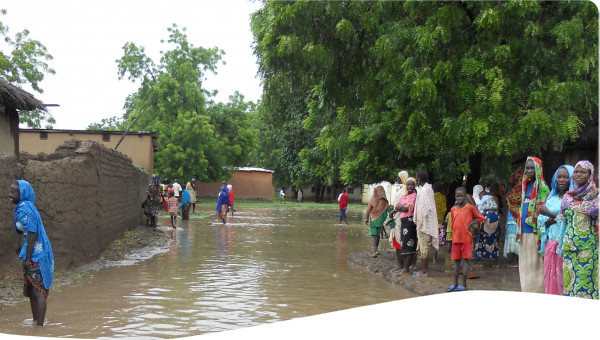The impacts of climate change are not gender-neutral. Consequently, responses to these impacts, whether at the policy level or on the ground in vulnerable communities, must be gender-responsive. The NAP process is a key mechanism for defining adaptation priorities, channelling resources and implementing adaptation actions. It therefore presents a key opportunity to address the gender dimensions of climate change if it is undertaken in a gender-responsive manner.
This toolkit is designed to support country efforts to pursue a gender-responsive NAP process. It will be useful for government actors coordinating the NAP process, as well as for stakeholders and development partners supporting adaptation planning and implementation. The toolkit offers a flexible approach, recognizing that there are opportunities to integrate gender considerations regardless of where you are in the NAP process.
It is organized around the key entry points in the NAP process, based on the elements outlined in the UNFCCC Technical Guidelines for the NAP Process produced by the Least Developed Countries Expert Group (LEG). It also provides guidance on addressing gender in the enabling activities that facilitate progress and increase effectiveness in the NAP process, including the establishment of institutional arrangements, capacity development, stakeholder engagement, information sharing and securing finance.
 Resource -
Resource -
